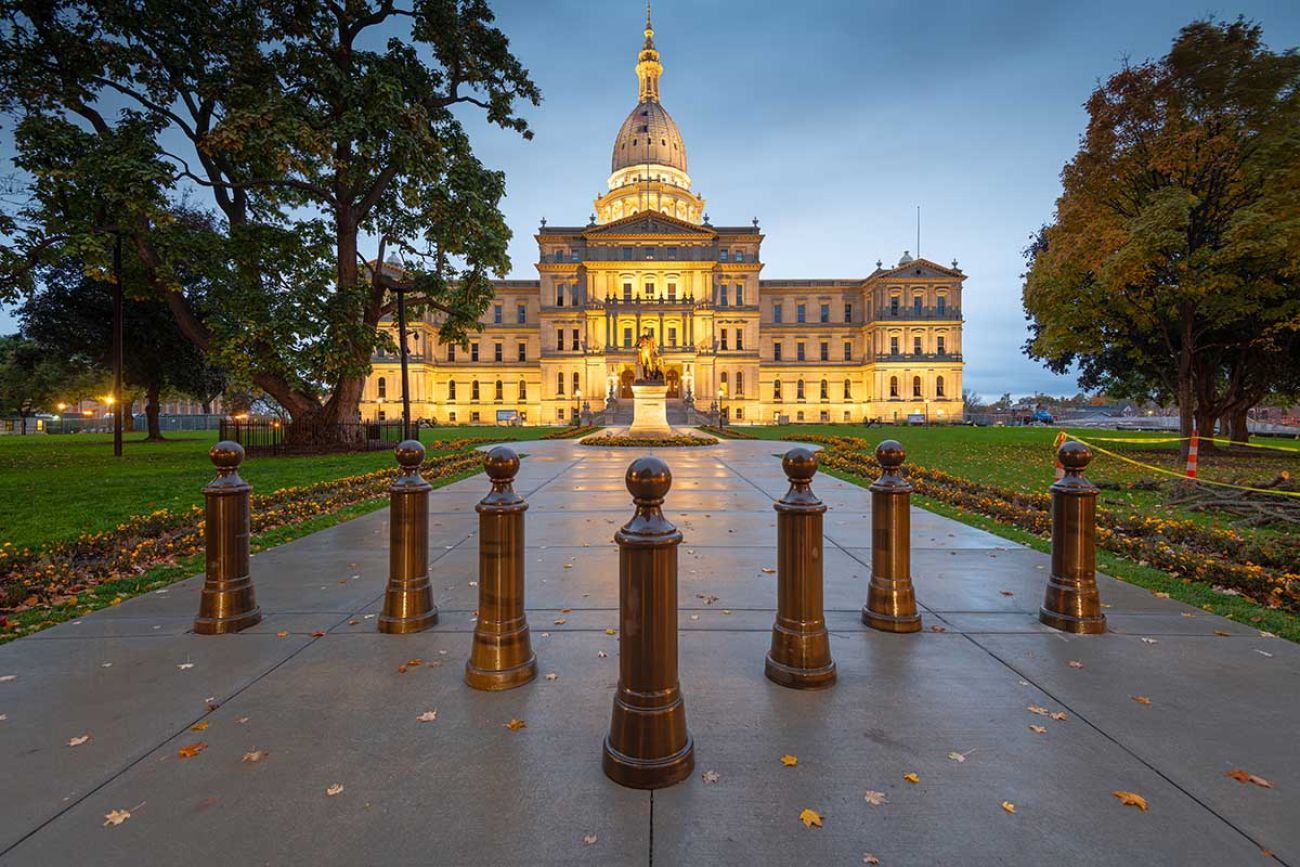Michigan lawmakers leave for summer break without passing budget

July 9: Flush with money but still no Michigan budget deal: What you need to know
LANSING — Despite agreeing to a historic spending plan for schools, Michigan lawmakers failed to reach a consensus on the state budget before their self-imposed deadline Wednesday.
On Wednesday, the Michigan Senate opted for passage of a narrow spending plan that only allocated funding for the Department of Health and Human Services and the State Police.
Lawmakers had hoped to finalize a budget — expected at about $15 billion for the state general fund— before recessing for summer break. Gov. Gretchen Whitmer said the delay means that $10 million she sought to aid communities affected by last week’s flooding remains in limbo.
Related:
- Michigan child care providers left in lurch as lawmakers go on vacation
- Michigan lawmakers pass ‘historic’ $17B plan for schools to close funding gap
- Michigan to announce $5 million lottery for COVID vaccine as rates lag
- Henry Ford Health System to require workers to get COVID-19 vaccine
“I am hopeful that the Legislature will work quickly to approve a state budget that supports small businesses, fixes our crumbling roads and bridges, expands access to childcare and grows our economy,” Whitmer said in a statement.
The Senate is on break until July 15, while the House is scheduled to be out until July 21.
Senate Appropriations Committee Chair Jim Stamas, R-Midland, defended the approach, saying “there’s still much work to be done on the state budget” for the fiscal year that starts Oct. 1. He said the priority was to approve $17 billion for schools before moving on to state departments.
“These (school) funds are immediately a priority, while we thoughtfully consider the once-in-a-lifetime federal funding we have received and how we best utilize them to make a lasting improvement in investment in our state,” Stamas said on the Senate floor.
Stamas’ statement referred to an influx in COVID stimulus funding from Washington D.C. that has considerably improved Michigan’s bottom line, reversing an anticipated deficit to a surplus that could top $4 billion.
The Senate on Wednesday did approve some smaller funding from the federal stimulus, including:
- $2.7 million for state police secondary road patrols, which provide traffic enforcement in rural areas.
- $160 million for hospitals to cover increased costs and loss of revenue due to COVID-19
- $25 million to support medical providers affected by the changes brought by the state’s no-fault auto insurance law.
- $100 million for long-term care facilities.
The Senate also passed a measure increasing revenue sharing to local governments by 2 percent to about $498 million, but the House did not take it up.
Stamas said he hopes the House will soon follow suit.
“I think we're in a positive place to move forward with discussions based on today's conversations,” Stamas said.
Rep. Mary Whiteford, R-Casco Township, told reporters the revenue sharing is “really important” for the communities, but that the House is still working with the Senate to reach an agreement.
See what new members are saying about why they donated to Bridge Michigan:
- “In order for this information to be accurate and unbiased it must be underwritten by its readers, not by special interests.” - Larry S.
- “Not many other media sources report on the topics Bridge does.” - Susan B.
- “Your journalism is outstanding and rare these days.” - Mark S.
If you want to ensure the future of nonpartisan, nonprofit Michigan journalism, please become a member today. You, too, will be asked why you donated and maybe we'll feature your quote next time!




